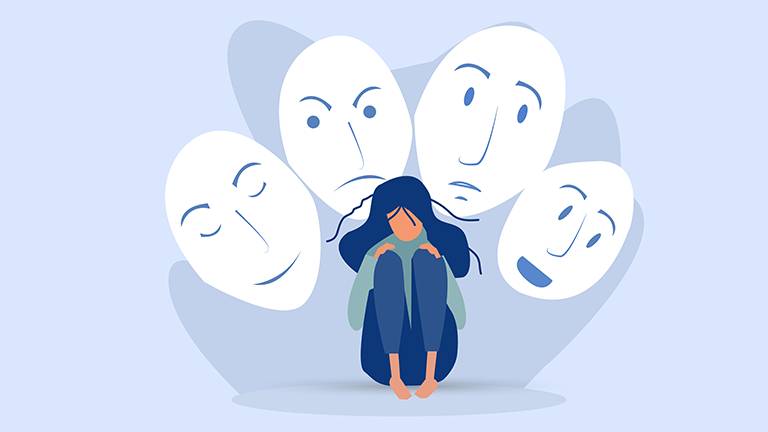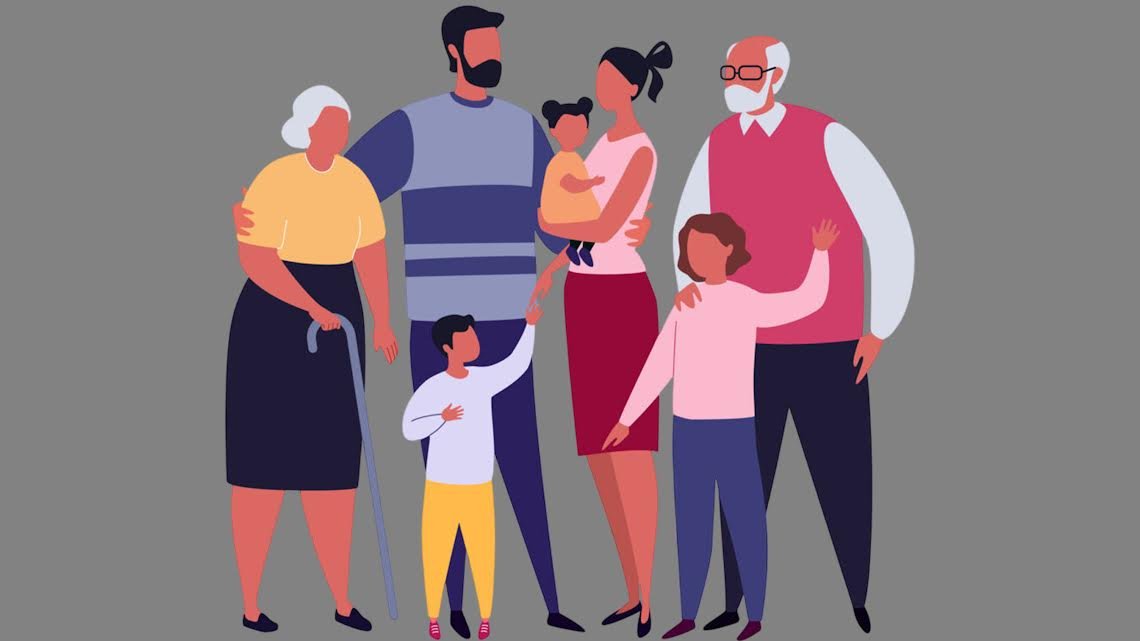
Depression in adults is a mental health condition characterised by persistent feelings of sadness, emptiness, or irritability lasting for at least two weeks. Cognitive and physical symptoms often accompany these emotional states, and as these symptoms intensify, they can significantly impair an individual’s ability to function in daily life, affecting work, relationships, and overall well-being.
The severity of depression varies, with cases classified as mild, moderate, or severe based on the extent of symptoms and their impact. Research suggests that women are more prone to depression than men, possibly due to a combination of biological, hormonal, and psychosocial factors.
Additionally, studies indicate that mild depression is more common among young adults (18-29 years), whereas moderate depression is more prevalent in middle-aged individuals (45-64 years).
Sadness and Depression
Depression and sadness are often used interchangeably, but they are quite different.
Sadness is a natural emotion that everyone experiences in response to loss or disappointment such as the death of a loved one, job loss, or financial troubles.
However, this emotion is typically temporary and may subside through emotional expression, such as crying or talking to someone about one’s concerns.
On the other hand, depression goes beyond temporary sadness. It affects your overall mood and can make everyday tasks feel overwhelming. It often changes how you think, behave, and interact with others, making it hard to enjoy activities or maintain relationships that once brought joy.
Additionally, depression can interfere with self-care, putting both your mental and physical health at risk. Unlike sadness, which generally has a clear cause, depression arises from a complex mix of social, cultural, psychological, environmental, and biological factors.
Types of depression in adults
Depression can take different forms depending on how long it lasts, when it appears, and what causes it. Here are some common types:
1. Major Depressive Disorder (MDD)
MDD is marked by a deep, persistent sadness or a loss of interest in activities that once brought joy. These feelings last for most of the day, nearly every day, for at least two weeks. While depression can be a lifelong condition, MDD often comes in episodes that may last weeks or even months. It typically begins in young adulthood, around the ages of 20 to 25.
2. Persistent Depressive Disorder (Dysthymia)
This is a long-term, lower-intensity form of depression. While the symptoms may not be as severe as MDD, they linger for at least two years, making daily life feel dull, heavy, or unmotivating. People with this type of depression often experience ongoing feelings of sadness, low energy, and self-doubt. They may also be more prone to worry, negativity, and avoiding risks.
3. Premenstrual Dysphoric Disorder (PMDD)
PMDD is a severe form of premenstrual syndrome (PMS) that significantly impacts mood and well-being. Symptoms like mood swings, irritability, anxiety, and physical discomfort (such as bloating, breast tenderness, and joint pain) tend to worsen in the week before menstruation, start improving within a few days of its onset, and disappear afterward.
For a diagnosis, these symptoms must be present in at least two consecutive cycles. PMDD can be distressing, but recognizing its pattern can help in managing its impact.
Each type of depression affects people differently, but no matter the form, it’s important to seek support.

Symptoms of Depression in Adults
Depression in adults often starts with a persistent low mood and constant fatigue, so even simple activities can become exhausting. You might lose interest in things that once brought you joy, a state known as anhedonia and experience a drop in self-esteem, feeling unworthy or not good enough.
This is often accompanied by lingering guilt over situations that might not even warrant such deep regret. Many find it hard to concentrate as their thoughts become foggy, and this mental slowdown can be reflected in physical behaviors, with some feeling unusually lethargic while others become restless or agitated.
Sleep is frequently disrupted, with some struggling to fall asleep while others may sleep excessively. Appetite changes are common too, whether it’s eating too little or too much, and these shifts often contribute to an overall sense of worthlessness. In the most severe cases, these symptoms can lead to recurring thoughts of death or suicide.
When depression goes unaddressed, it can deeply impact both your mind and body, making everyday tasks feel overwhelming. If you’re experiencing these challenges, know that you are not alone and that help is available. With the right support and care, many people learn to manage their symptoms and gradually rediscover a better quality of life
Photo Credits:
First image: freepik
Second image: freepik
References
American Psychiatric Association. (2013). Diagnostic and statistical manual of mental disorders (5th ed.).
Centers for Disease Control and Prevention (CDC). (2010). Current depression among adults—United States, 2006 and 2008. MMWR. Morbidity and mortality weekly report, 59(38), 1229-1235.

Sakshi
About the author
Sakshi is a clinical psychologist with a deep passion for understanding human behavior, a strong drive for research, and a keen eye for psychological intricacies. Committed to continuous learning, she seeks to explore every facet of psychology, from theory to practice, to better support and empower individuals. With a curiosity that fuels her pursuit of knowledge, she strives to bridge the gap between research and real-world applications, making psychology more accessible and impactful.
Recently Added
Boundary setting has become somewhat of a catchphrase these days. Movements like ‘MeToo’ and ‘LGBTQ’ have given voice to those previously dismissed and have …
From the 17th – 23rd march Hong Kong along with the world celebrated the neurodiversity celebration week. This week saw several organisations …
Parenting is a universal experience, yet the approaches to raising children vary widely across cultures. In some contexts, independence and individuality are …




